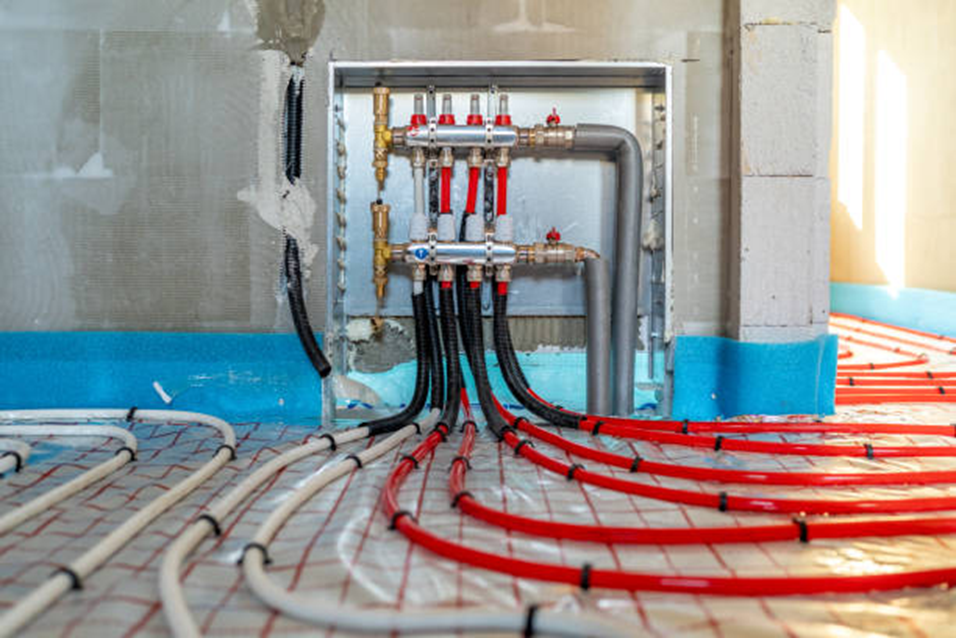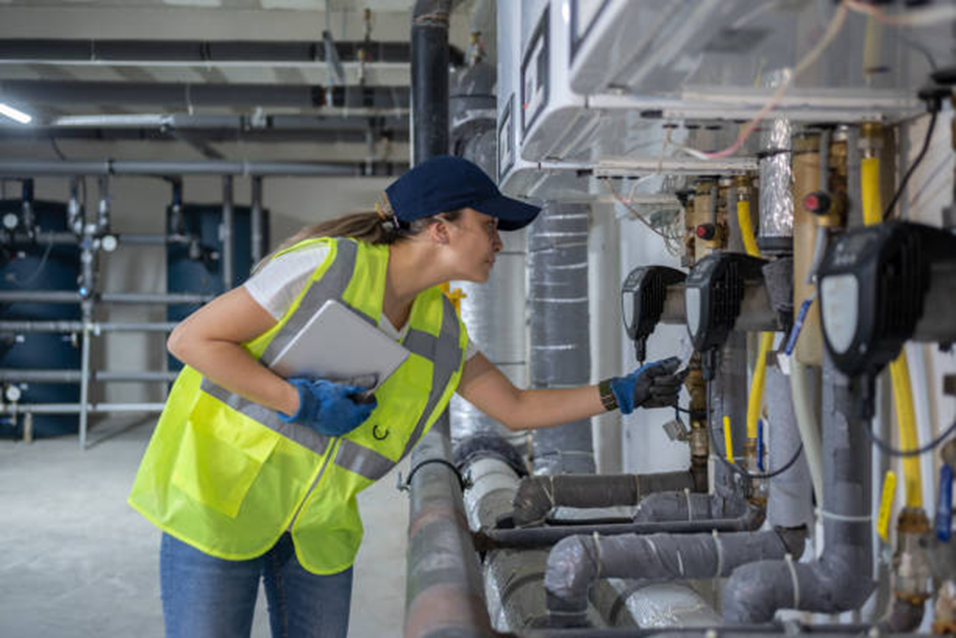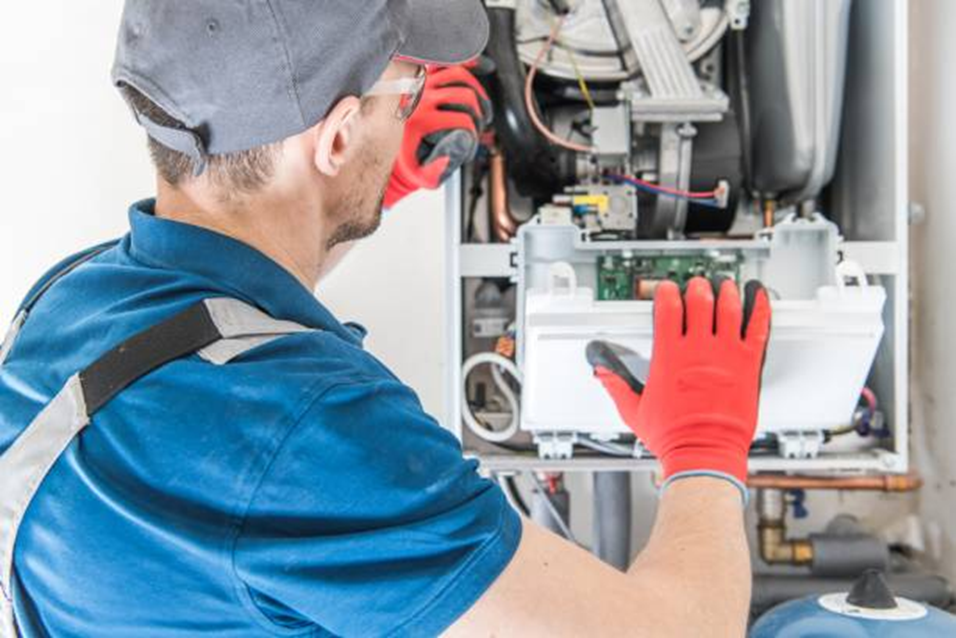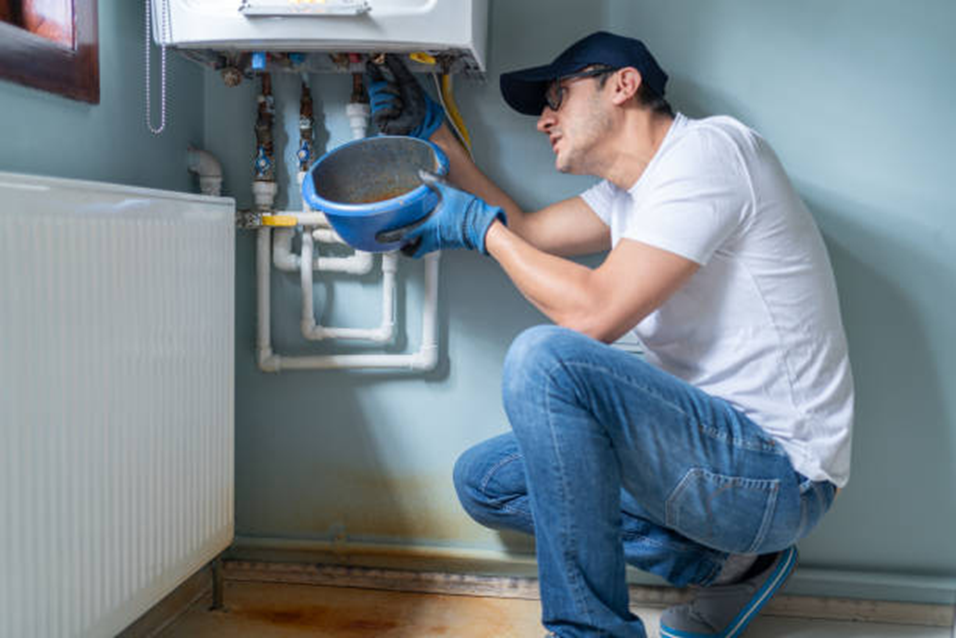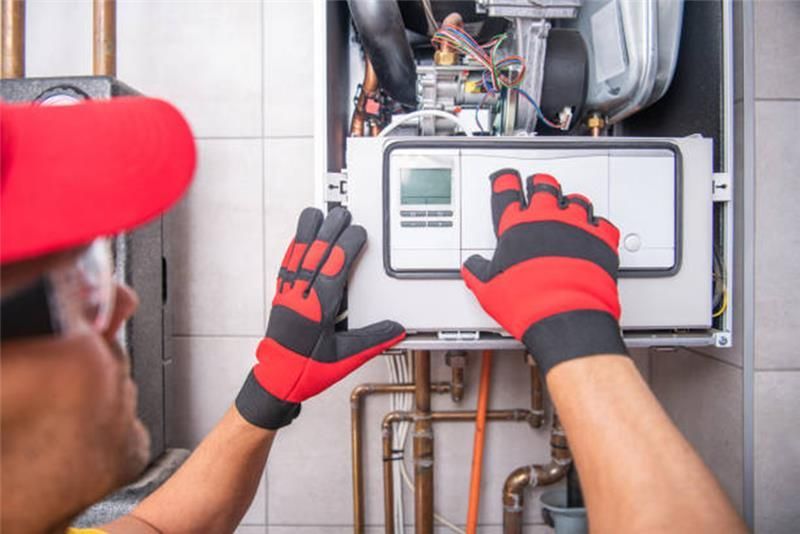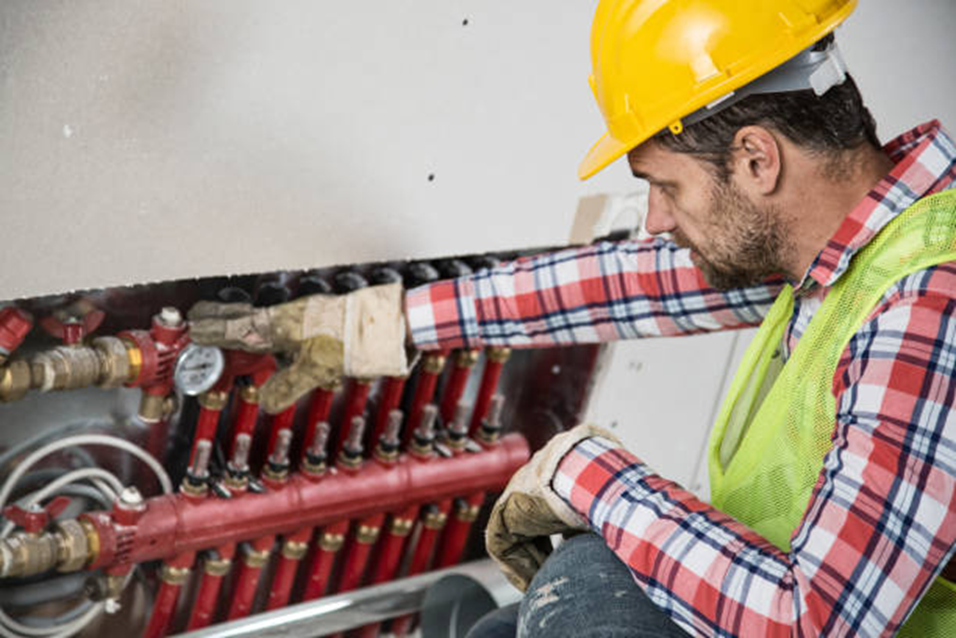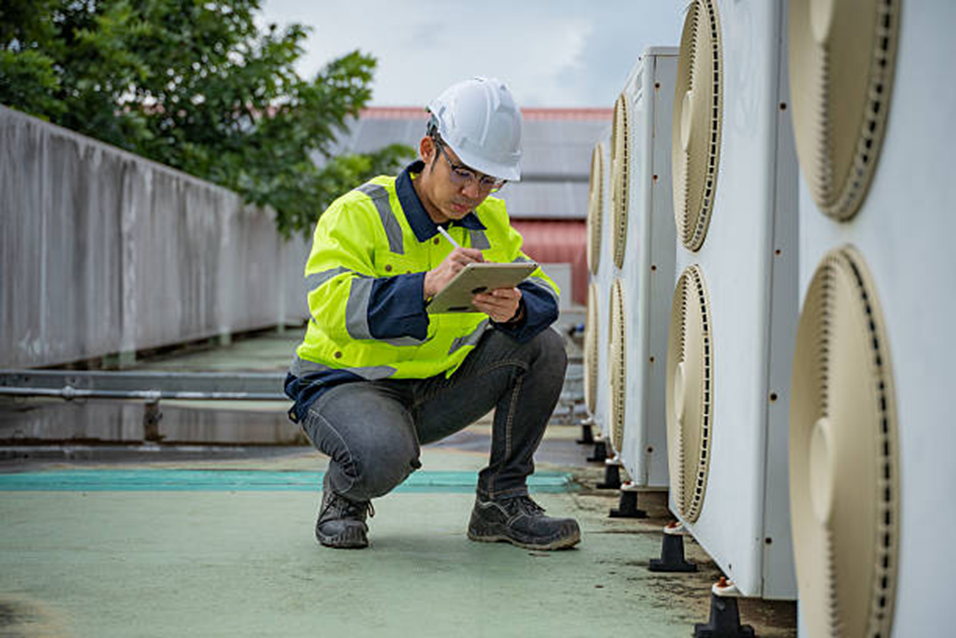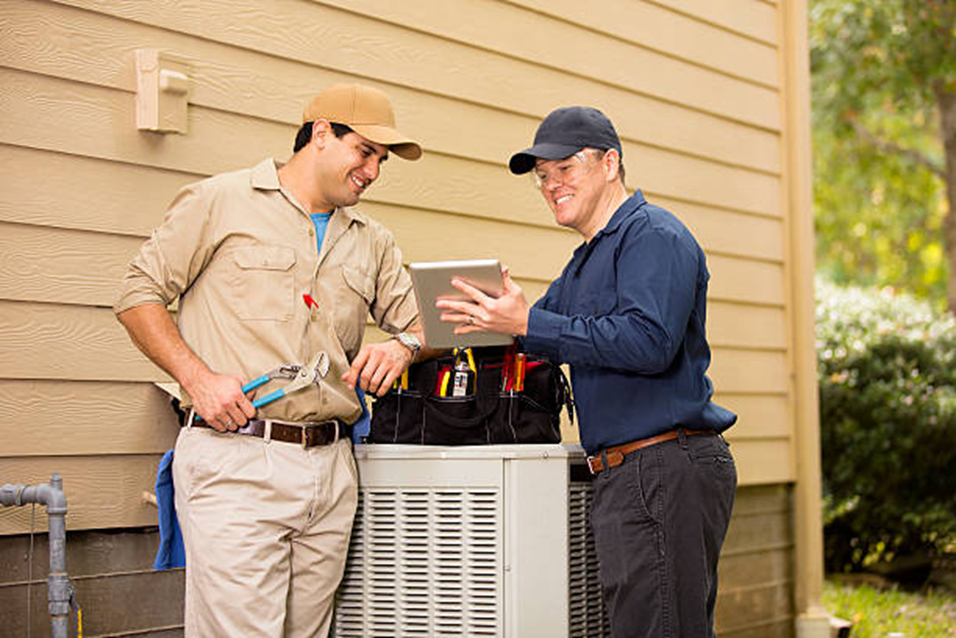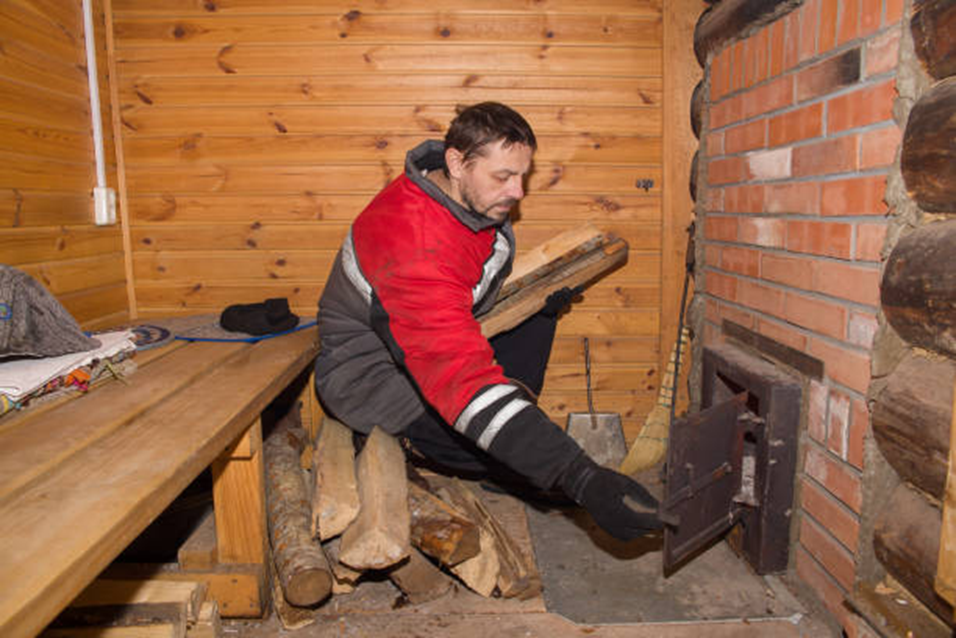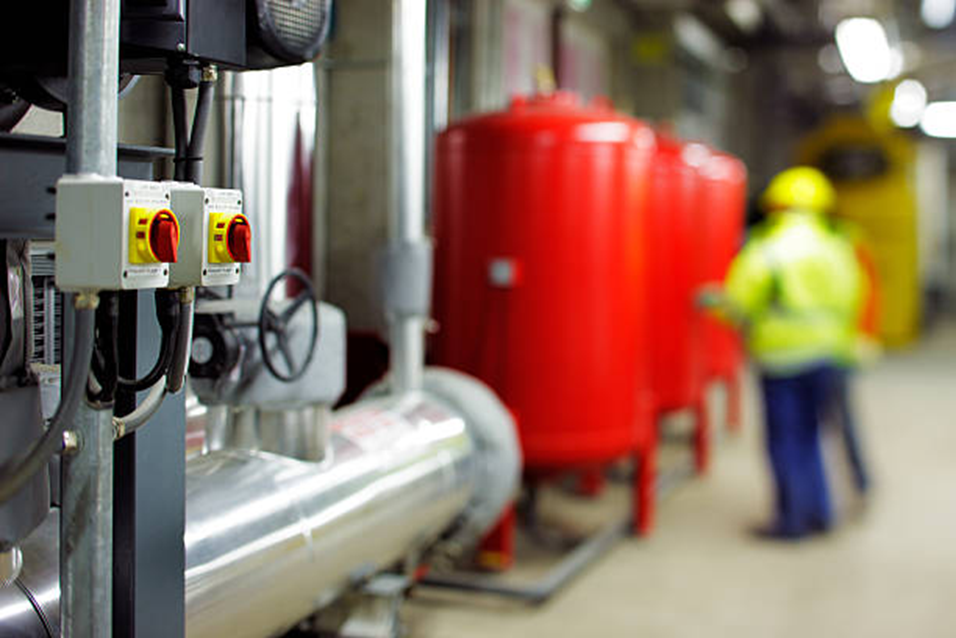How to Choose the Right Furnace for Your Long Island Home
When the cold Long Island winter sets in, having a reliable furnace is crucial to maintaining comfort in your home. Choosing the right furnace, however, can be a daunting task. With various furnace types, sizes, and efficiencies to consider, it's essential to make an informed decision. In this guide, we’ll walk you through the key factors to consider when choosing a furnace for your Long Island home and how to ensure you get the best unit for your needs.
1. Understanding Furnace Types
The first step in choosing the right furnace for your Long Island home is understanding the different types available. Here are the most common types of furnaces:
- Gas Furnace: This is the most popular choice for homeowners in Long Island. Gas furnaces are energy-efficient, cost-effective, and reliable. They use natural gas to generate heat, making them a great option for colder climates.
- Electric Furnace: While less common, electric furnaces are an option if natural gas isn’t available in your area. They tend to be more expensive to operate but are easy to install and maintain.
- Oil Furnace: Oil furnaces are less common today due to the high cost of oil, but they are still prevalent in older homes or areas where natural gas isn’t an option.
- Dual Fuel Furnace: This type of system combines an electric heat pump with a gas furnace. The heat pump is used for heating during milder conditions, and the furnace kicks in when temperatures drop significantly.
Choosing the right furnace type depends on factors such as fuel availability, installation costs, and your heating needs. If you’re unsure about which option is best for your home, Long Island HVAC Hero offers expert advice tailored to your home’s specific needs.
2. Consider Furnace Size and Capacity
A furnace that is too small for your home won’t be able to provide sufficient warmth, while a furnace that is too large can result in inefficient heating and higher energy bills. Proper furnace sizing is essential to ensure both comfort and energy efficiency.
To determine the appropriate size for your furnace, an HVAC professional will conduct a Manual J load calculation, which takes into account factors such as:
- Home size (square footage)
- Insulation quality
- Number of windows and doors
- Climate conditions
- Air leaks
- The number of people living in the home
Working with a professional from Long Island HVAC Hero can ensure that your furnace is properly sized for your home, helping you avoid unnecessary costs and discomfort.
3. Energy Efficiency: Look for AFUE Ratings
One of the most important factors to consider when selecting a furnace is energy efficiency. The Annual Fuel Utilization Efficiency (AFUE) rating measures how efficiently a furnace converts fuel into heat. The higher the AFUE rating, the more efficient the furnace.
For example:
- Standard furnaces: Typically have an AFUE rating between 80% and 89%.
- High-efficiency furnaces: Feature AFUE ratings of 90% and higher.
Investing in a high-efficiency furnace may cost more upfront, but it can save you money in the long run by reducing your energy consumption. If you're unsure about which efficiency rating is right for your home, Long Island HVAC Hero can help you evaluate your options.
4. Consider Your Home’s Heating Needs
Not all homes have the same heating requirements. Several factors can influence your home’s heating needs:
- Climate: Long Island winters can be harsh, so you’ll need a furnace that can handle colder temperatures.
- Home Insulation: Homes with better insulation retain heat more effectively and may require a smaller furnace.
- Heating Zones: If you have multiple levels in your home or a larger space, you might need a more powerful furnace or a zoning system to ensure even heat distribution.
If your home has specific heating challenges, an HVAC professional can provide personalized recommendations and install systems such as zone heating or a multi-stage furnace for optimal performance.
5. Check for Rebates and Incentives
Many manufacturers and energy providers offer rebates and incentives for purchasing energy-efficient furnaces. These programs can help offset the initial cost of a new furnace, making it more affordable in the long run. Be sure to check for available rebates in your area and inquire with your furnace installation company about potential savings.
6. Consider the Warranty and Maintenance Plan
When investing in a furnace, it's essential to consider the warranty and the availability of ongoing maintenance services. A good warranty can offer peace of mind, protecting you against potential repair costs. Many reputable furnace manufacturers offer warranties of 5 to 10 years on parts and labor.
Additionally, regular maintenance is key to prolonging the life of your furnace. Opting for a maintenance plan can help you stay on top of seasonal checkups and ensure your furnace runs smoothly throughout the winter months.
7. Hire a Professional HVAC Contractor
Choosing the right furnace is only half the battle. Proper installation is crucial for ensuring your furnace runs efficiently and safely. Hiring a professional HVAC contractor is essential to guarantee that the furnace is installed correctly.
If you’re located on Long Island, consider hiring Long Island HVAC Hero. Our experienced team can help guide you through the furnace selection process and provide expert installation services to ensure your home is warm and comfortable all winter long.
Conclusion
Selecting the right furnace for your Long Island home is a big decision, but by considering factors such as furnace type, size, efficiency, and your home’s unique heating needs, you can make an informed choice that will provide comfort and savings for years to come. Don’t hesitate to reach out to Long Island HVAC Hero for expert advice, installation, and maintenance services to keep your home warm during those chilly Long Island winters.
FAQs
1. How do I know if my furnace is too small or too large for my home?
The best way to determine the right size furnace for your home is through a professional Manual J load calculation. An HVAC expert will assess factors like home size, insulation, and climate to recommend the best unit.
2. Is it worth investing in a high-efficiency furnace?
While high-efficiency furnaces may cost more upfront, they can save you significant amounts on your energy bills over time. If you plan to stay in your home for several years, the investment is often worth it.
3. How often should I replace my furnace?
On average, a furnace lasts between 15 and 20 years. If your furnace is nearing the end of its lifespan or requires frequent repairs, it may be time to consider a replacement.
4. Can I install a furnace myself?
Furnace installation should be handled by a professional to ensure it operates safely and efficiently. Improper installation can lead to costly repairs, safety hazards, and voiding of warranties.
5. What maintenance does my furnace need?
Regular maintenance includes changing filters, cleaning the furnace, and inspecting parts for wear and tear. It's recommended to have a professional perform a full inspection once a year before the heating season begins.
